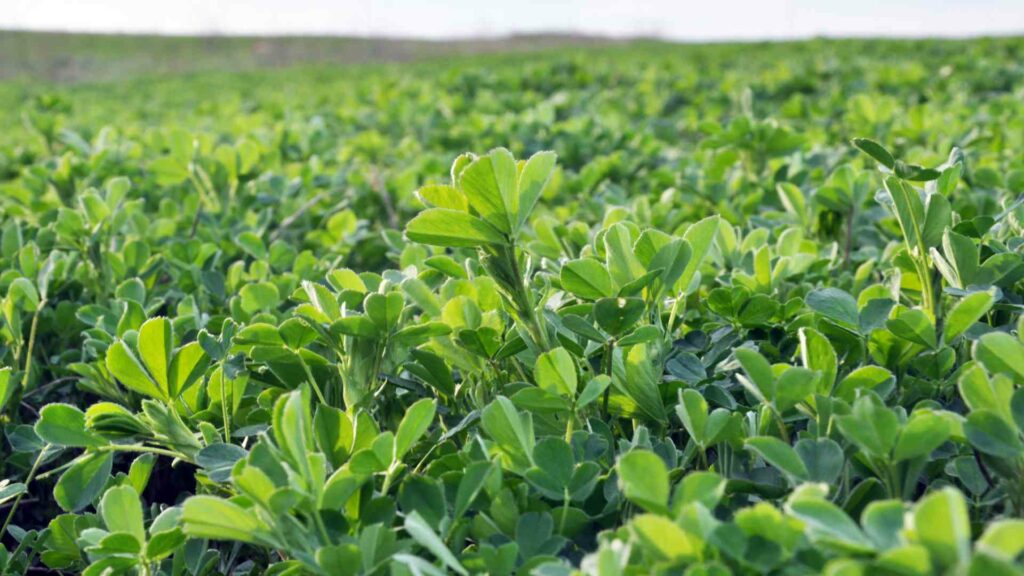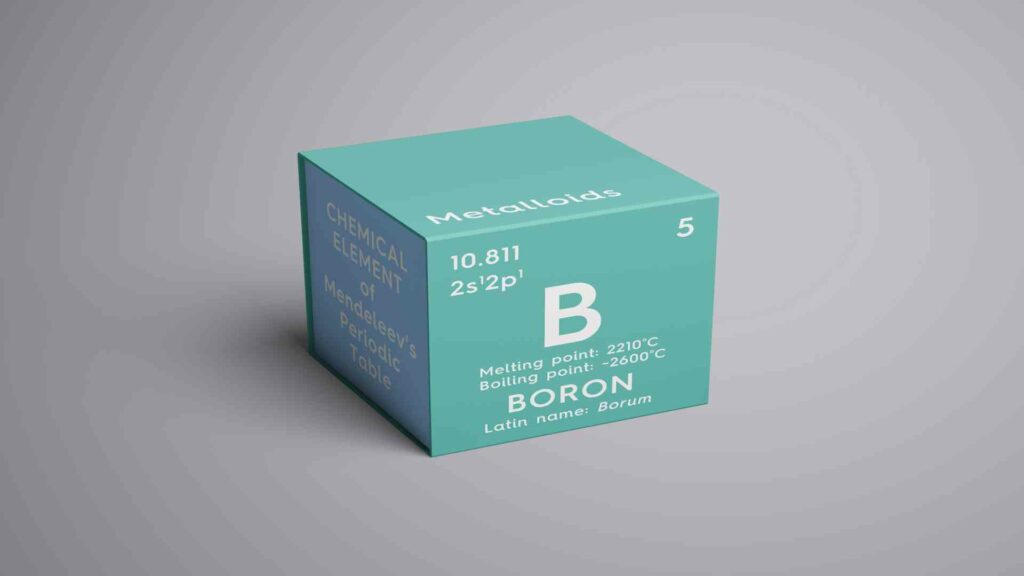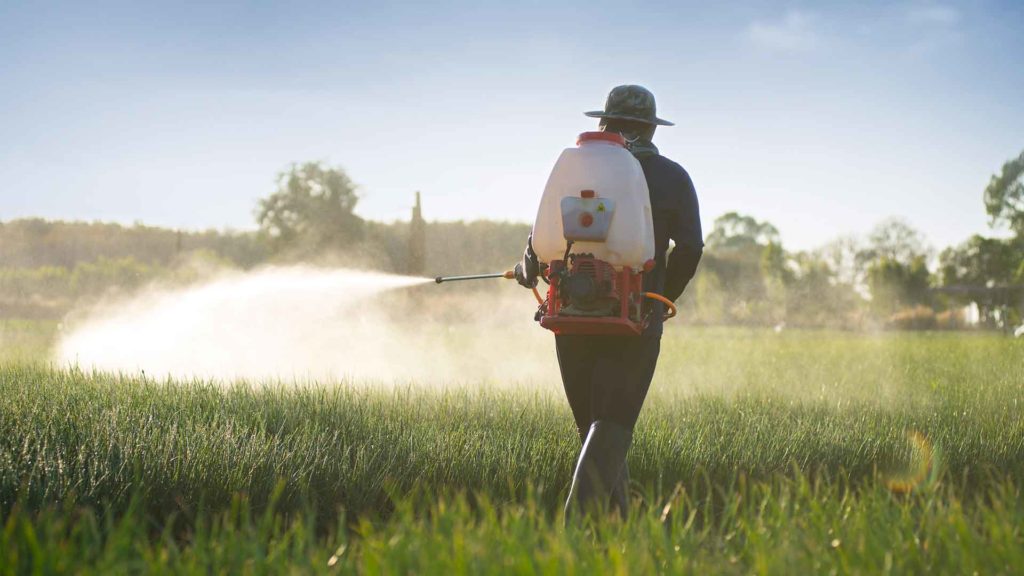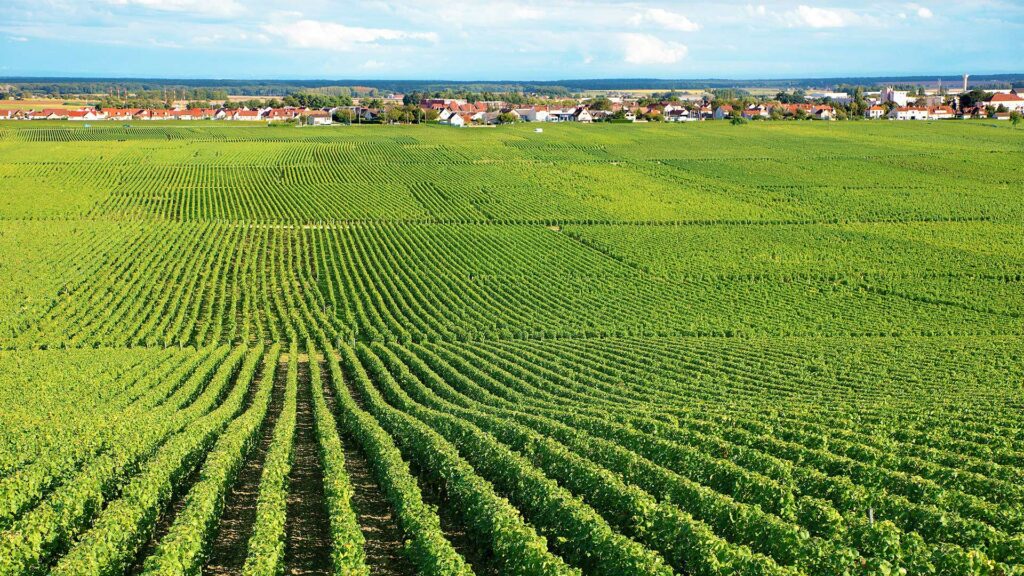Gender Inequality and Food Insecurity: The Intersection of Two Critical Issues
Gender inequality contributes significantly to food insecurity. Women make up most of the nation’s small-scale farmers and produce most global food, but they frequently lack access to land, credit, and other resources. Boron is an essential micronutrient that aids in the improvement of food security and, ultimately, gender equality by increasing agricultural production.

Gender inequality
How does Gender Inequality Cause Food Insecurity?
Many elements affect hunger and food insecurity, including poverty, conflict, climate change, and natural disasters. However, one of the most significant but often overlooked causes of hunger and food insecurity is gender inequality.
Gender inequality refers to unfairness or preconceptions based on gender. It manifests in various ways, including unequal access to education, employment, and decision-making power; different expectations for behavior; and violence against women.
This inequality has a direct impact on food security. Women are more likely to be malnourished than men, even when living in the same household. They also have inadequate diets, as they are often the last to eat and have less control over food resources.
Women are always essential to agriculture and food production, but their efforts go unnoticed. They are responsible for nearly 43% of the agricultural labor force in developing countries.
Many voices are promoting the advancement of women’s rights and their participation in the agricultural sector. According to the Food and Agriculture Organization of the United Nations (FAO), “if women in rural areas had equal access to productive actions as men, agricultural and farming yield would increase, and we could feed nearly 150 million more people.”
Despite this, women’s positions have barely advanced; in rural areas, they strive to be in control of fieldwork and housework. Furthermore, due to women’s restricted access to training and the sector’s rapid advancement, combined with the disastrous effects of climate change, natural disasters, or violent conflicts, skilling the field for women in agriculture raises an even greater challenge to promote gender equality.
How is Gender Equality Important in Agriculture?
We should invest in agricultural production with a gender focus on two main factors: efficiency and equity.
1. Efficiency:
In the agricultural sector, gender inequality in commodity control and access creates enormous production inefficiencies, which, if addressed, could enhance global food production. According to an FAO study, if women had equal control over resources as men, farm production would rise by 20-30%. As a result, agricultural production in developing countries would increase by 2.5-4%, and the number of hungry people would decrease by 12%
2. Equity:
Women in rural areas have limited access to finances, manufacturing activities, technologies, and education. Gender equality can help reduce inequity in resource availability, which has previously been influenced adversely by men’s and women’s different social roles. According to the FAO, the leading cause of food insecurity is poverty rather than a lack of food. In other words, even though there is plenty of food, people lack the financial resources to obtain it.
Nonetheless, food security is more than just the availability of food or the financial resources to access it. To achieve food security, people must also have reliable access to nutritious foods. Gender inequalities, both inside and outside the home, adversely impact the ability to obtain food and nutritional security, which is crucial to the health of women and children.
Unfortunately, gender inequality in the agricultural sector in control and access to economic resources severely limits the sector’s development. As a result, to ensure sustainable growth and nutritional and food security, the growth of the agriculture sector in Latin America and the Caribbean must include women.
Women are estimated to produce 60-80% of the world’s food, accounting for 20% of the agricultural labor force in the region. Furthermore, because they produce, process, and prepare the most available foods, they play an essential role in ensuring food security in their families and communities.
Boron Helps Improve Agricultural Production
Boron is a micronutrient required for plant growth and development. It plays a role in cell wall formation, cell division, and hormone production. Boron deficiency can cause stunted growth, reduced flowering, and poor fruit and seed development.
While boron is essential for all crops, it is essential for legumes (such as soybeans and peanuts) which are a key part of many diets worldwide. Legumes are a good source of protein, fiber, and vitamins and help fix nitrogen in the soil – making them an important crop for food security and sustainable agriculture.
Boron is often lacking in soils where legumes are grown, leading to reduced yields. Women farmers are significantly affected by this, as they are often responsible for growing legumes for their families.
Introducing boron into agricultural production can help improve the farmers’ livelihood at the same level, as both men and women depend on their crops for income and food security. Boron fertilizer is relatively cheap and easy to apply, making it accessible to small-scale farmers. In addition, using boron can help improve the soil’s overall health, which is essential for long-term sustainable agriculture.





